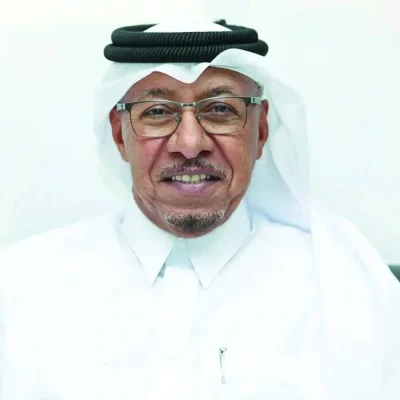OPEC and non-OPEC oil producers look likely to extend their agreement to limit supplies beyond its June expiry to help clear a glut, three OPEC delegates said on Thursday, downplaying the chance of additional steps such as a bigger cut.
The Organization of the Petroleum Exporting Countries, Russia and other producers originally agreed to curb production by 1.8 million barrels per day (bpd) for six months from Jan. 1 to support the market.
Oil prices have gained support but stockpiles are still high and production from non-participating countries such as the United States has been rising, keeping crude below the $60 level that OPEC kingpin Saudi Arabia would like to see.
However, OPEC officials generally believe the agreement is helping to bring the market closer to balance between supply and demand and that it should be extended into the second half of the year with the same numbers.
‘The willingness to extend the current understanding is strong among OPEC and non-OPEC participants,’ an OPEC delegate said, declining to be identified by name.
‘I have doubts that more cuts will be discussed as the current agreement is yielding a positive outcome.’
Officials from the 13-country OPEC - which accounts for a third of global oil production - are in Vienna on Thursday and Friday to attend a meeting of the group's governing board. Such meetings provide an occasion to chat informally, but they deal with administrative matters and do not decide policy.
‘A rollover with the same numbers,’ another OPEC delegate said on Thursday, asked about the chance of a larger cut being agreed when OPEC and non-OPEC ministers meet on May 25.
To be sure, some OPEC delegates have raised the possibility of a larger supply cut and others have said the existing agreement could be tweaked.
But another official familiar with the supply deal said an increase in the size of the reduction was not likely.
‘I don't expect any surprises,’ this official said. ‘Especially now almost everyone is complying reasonably well.’
OPEC members including top exporter Saudi Arabia have voiced support for extending the deal. Russian Energy Minister Alexander Novak made Moscow's position clearer on Thursday, saying Russia was inclined to prolong the accord.
Compliance by OPEC and non-OPEC with pledged cutbacks stood at 98 percent in March, OPEC said - higher than the organisation achieved during its last cut in 2009.



